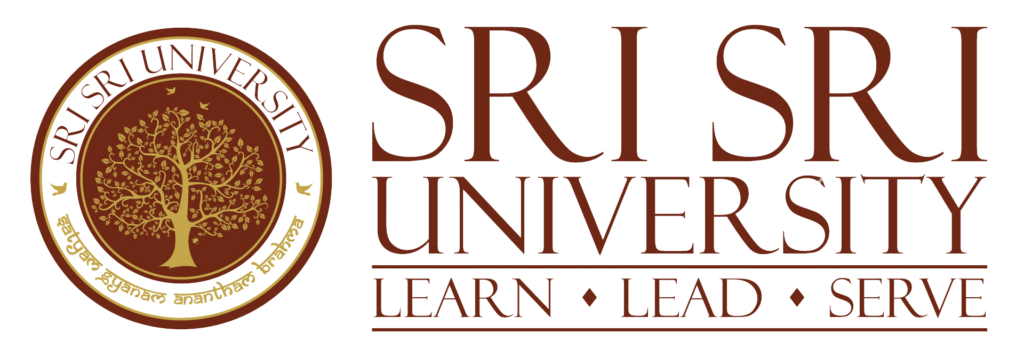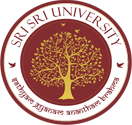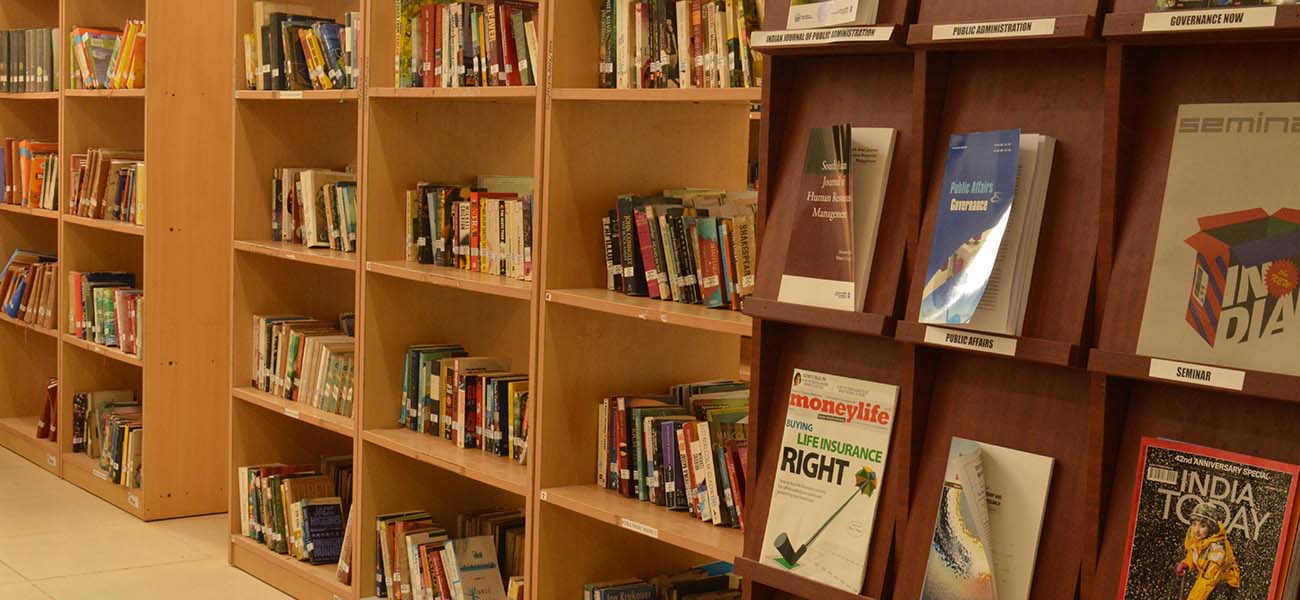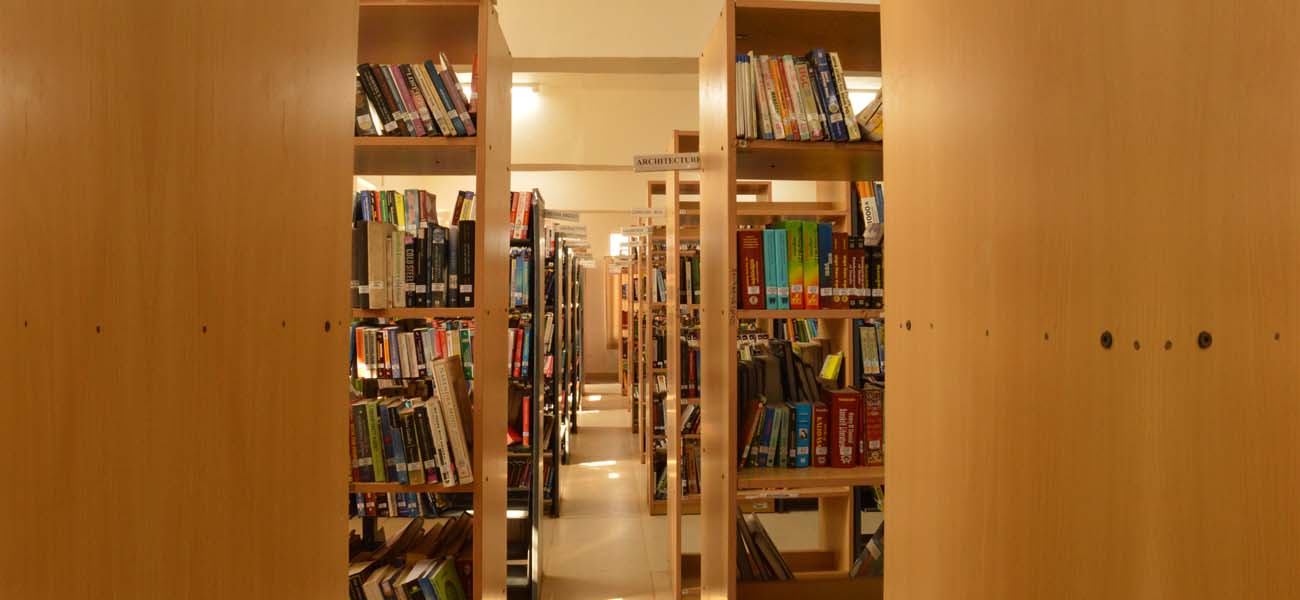A Prelude
We provide unparalleled learning opportunities for our students. Not only are they taught in the lecture room by academicians who are experts in their fields but our supervision system ensures that these ‘young pupils’ receive more personal tuition from them as and when needed. We are committed to encouraging and developing enquiring minds.
How you are taught?
The university faculty or department arranges lectures, seminars, workshops and practical. However, there is also an emphasis on independent and self-directed study. Each academic year consists of two semesters*. As the terms are short, the pace and volume of work is likely to be greater than you are currently used to.
During each semester, you are expected to spend an average of 44 hours a week on your academic studies (including teaching/contact time and independent study) and you may also need to undertake some work during the vacations (e.g further reading/research, revision, assignments).
Every student adjusts to this new workload in their own way and time and there are plenty of people who can offer advice and support while you get settled in and throughout your degree.



